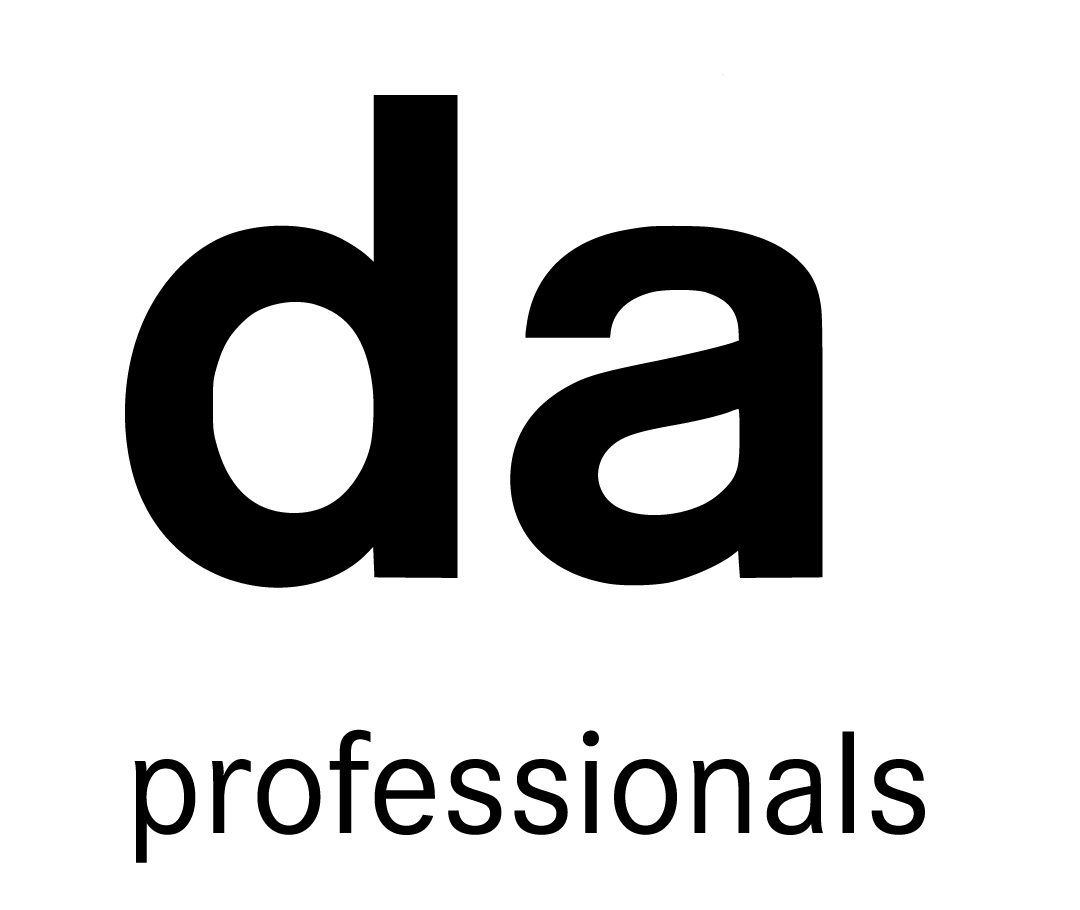Switzerland is a democratic country. With regard to the digital transformation, however, citizens enjoy only limited voting rights although there is no way around it. Not even in everyday professional life. It was precisely this experience that I made when writing my seminar paper on the subject of “medium-term requirements for personnel managers”. I learned what it means to be digital and what the future in human resources could look like.
When the last word of my scientific work on the topic “medium-term requirements of HR managers” was written, a lengthy process lay behind me. It all started with an idea. As a personnel consultant for many years, the developments in personnel management have not passed me by without a trace. Analogue advertisements in newspapers have turned into digital job advertisements on online job platforms. Handcrafted and hand-written application dossiers have been replaced by e-mails with attached CVs and electronic letters of motivation. But until recently, the process remained unchanged: I’m looking for a job – I’m finding a job – I’m applying and hoping.
Change is in the air
In my opinion, something fundamental has changed over the last five years or so. The digital transformation has deepened and crept into our lives. During the coffee break with our teammates, robots are a topic. Blockchain is pronounced by many and understood by few. New job profiles are conquering the market. Traditional professions are swallowed up by technological innovation and the application process is changing. No longer are job seekers looking, no, they are found. Active Sourcing is the magic word of the hour. HR managers graze the professional social networks such as LinkedIn & Co. with the hope of finding the right talent for the future. In the interview, hope no longer rests one-sidedly on the applicant. The HR management on the other side of the table is also worried. Do we sell ourselves well enough and do we live up to the expectations? Hierarchies are tumbling down in internal structures. Superiors become employees and employees become CEO for one day. Transparent wages, remote offices and flexible working hours are topics of discussion.
Digital fiction is at the beginning of a new analogue reality
This perception was the starting point of my personal research. I found my first answers in literature research (of course via digital platforms). An expert study comes from the University of Bamberg. Since 2002 the team around Prof. Dr. Tim Weitzel has been working on a series of studies on “Recruiting Trends”. The analysis quickly made it clear: the carousel is spinning and it is spinning faster and faster. Digital technologies are in the process of shaking up the labour market in a way that perhaps only industrialization in the 19th and 20th centuries was able to do before. How can a fiction that does not physically exist influence the market in this way?
If we believe the thought of the German sociologist Armin Nassehi, digitalization is essentially the “doubling of the world in data form”. Everything is recorded and measured. Just recently, the scientist dedicated a book to this topic. In an interview with SRF, he explains that “big data” and artificial intelligence (AI) are necessary to make the existing patterns visible. The invention of writing and the advent of literature was thus the first fiction to correlate with the real world in a relationship. Digital transformation is therefore nothing more than a second fictional volume that spans the globe and depicts the realities of our world. This enables us to achieve an unprecedented speed and effectiveness. What remains is the analogous and astonished worker with an open mouth.
Interpreting the future and remaining flexible
The trends that have emerged in my work are versatile and often holistic. They can be found in digital, analogue or mixed forms and range from globalisation and demographic change to digital e-recruiting. Terms like Social Recruiting and Google for Jobs are currently haunting the human resources world. It soon becomes clear that the digital jungle is living up to its name. If you want to find your way around, you have to fight your way free with a machete or climb the highest tree. I have also tried my hand as an Indiana Jones of modern times and derived assumptions for the future (if you want to know more, please feel free to contact me). In my opinion, the term “assumptions” is the correct expression because nobody knows which trends will prevail and establish themselves. The development is too broadly based, too many factors are involved – including political and global ones. What we have to live with from my point of view are machines, algorithms & Co. that increasingly automate simple processes. Thus, human work will increasingly shift to advisory activities. This would mean that we would be able to take on more demanding and exciting tasks. The decisive factor here is the flexibility of each individual and their interest in their own personal development. Companies should be forced to deal with the topic of retraining if they do not want to have to make mass redundancies in the near future.
Will we be replaced by machines?
Fear is known to be a bad advisor, even in the current situation. History shows that people are extremely adaptable and tough. We must not forget that we shape the future ourselves and decide what will prevail at the end of the day. Therefore, despite chaos, we must not lose our nerves and act with foresight. I can derive a humane conclusion from my seminar work: Personality will remain decisive, not only in human resources. The train of the future has started rolling. The human being is still sitting in the driver’s cab.


